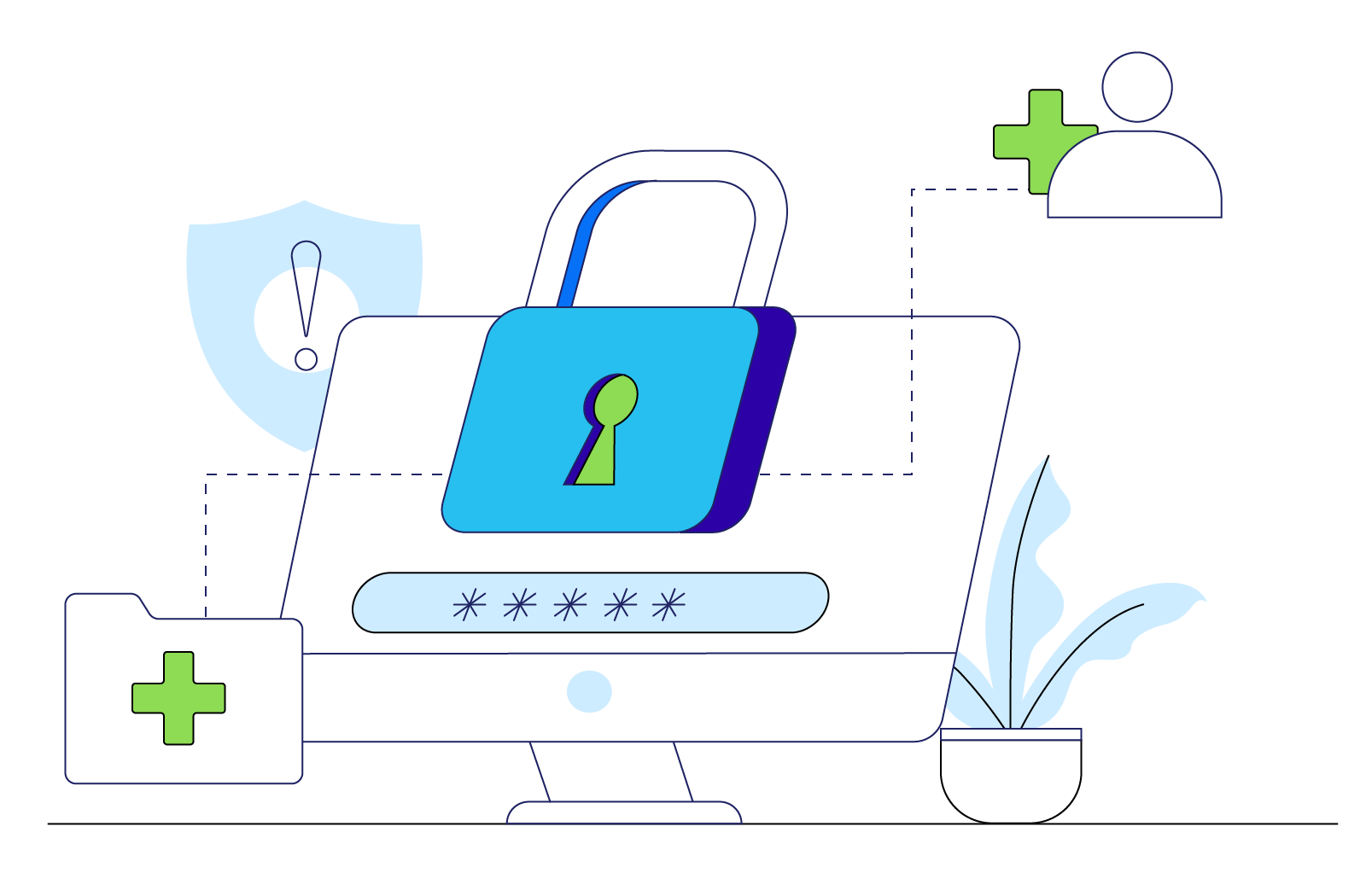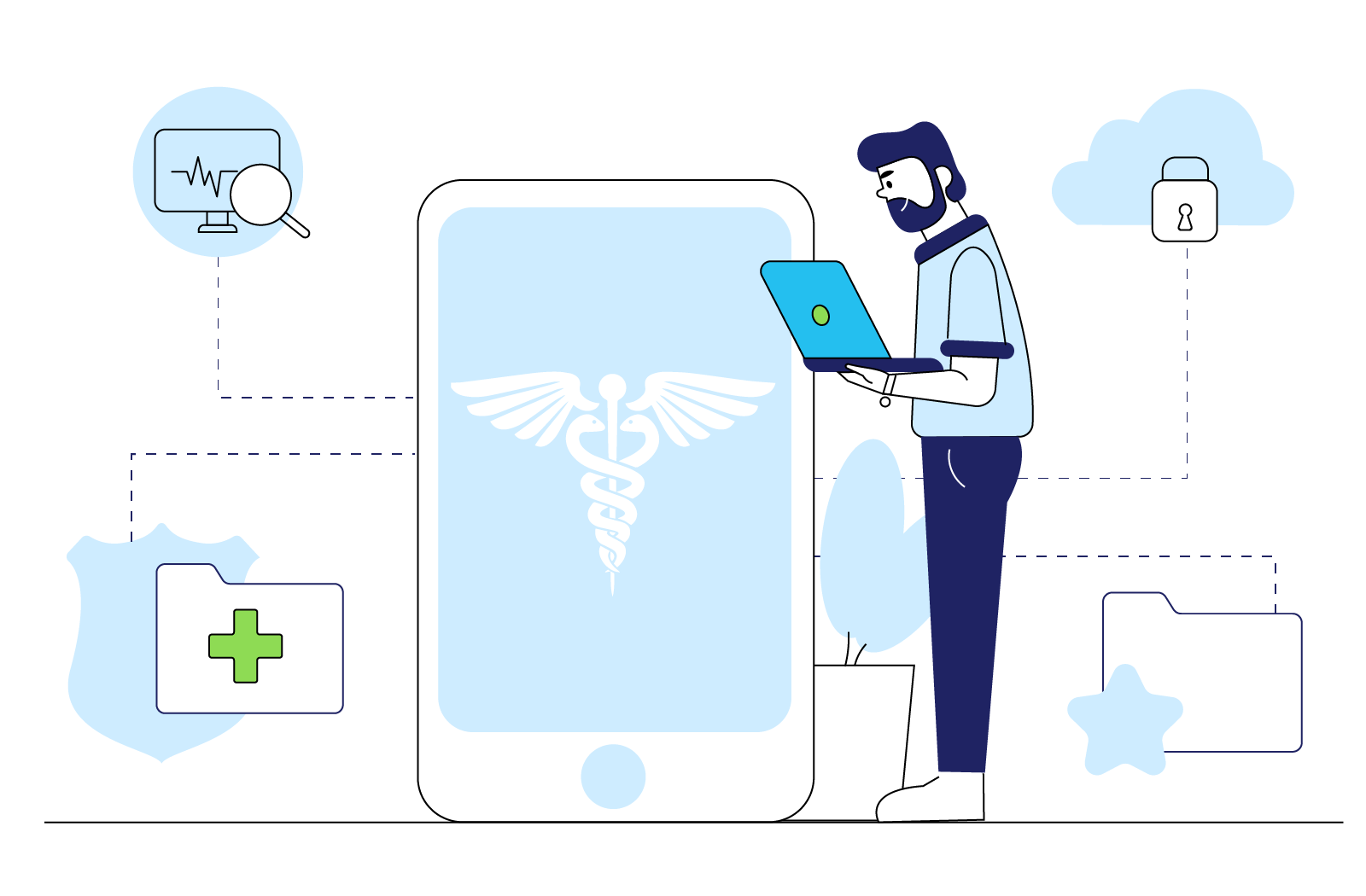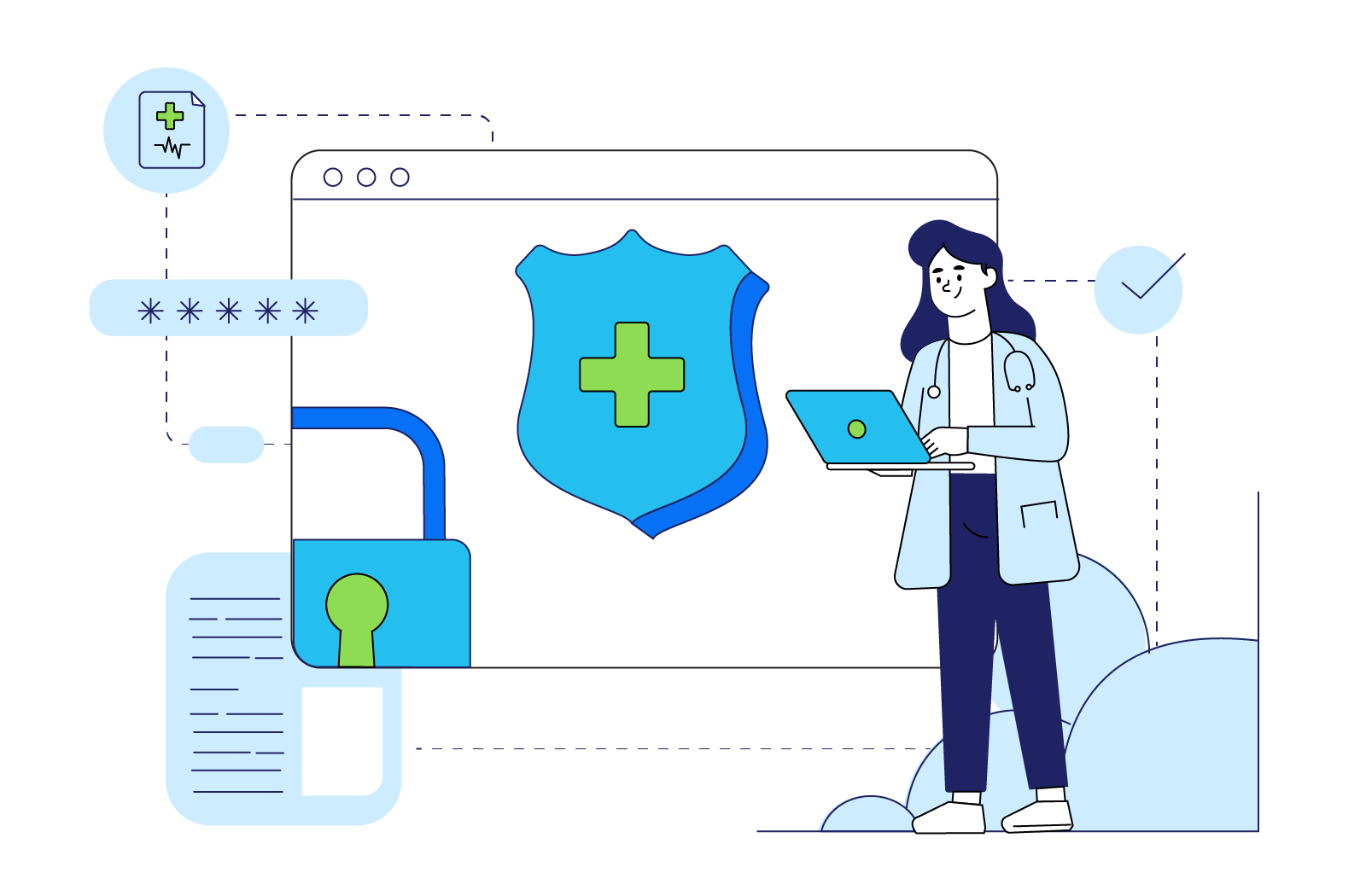Digital health tools have revolutionized healthcare in recent years, providing numerous benefits for patients and healthcare providers. Electronic health records (EHRs), telemedicine, and other digital technologies have improved care quality, increase efficiency, and reduce costs. However, with these benefits come new challenges around data privacy and security.
Sensitive health information including personal health records, medication history, and lab results, which must be safeguarded from unauthorized access or disclosure. If the information provided by HCPs (Healthcare Professionals) is not properly secured, it can potentially be accessed by unauthorized parties, leading to a data breach and compromising the privacy and confidentiality of sensitive medical data. In this blog post, we'll explore the vital role of data privacy and security in digital health, and discuss how ZoomRx is working to protect your sensitive health data.
The Importance of Data Privacy and Security in Digital Health

Digital health tools have revolutionized healthcare in recent years, providing numerous benefits for patients and healthcare providers. Electronic health records (EHRs), telemedicine, and other digital technologies have improved care quality, increase efficiency, and reduce costs. However, with these benefits come new challenges around data privacy and security.
The consequences of a data breach in healthcare can be severe. For example, a breach that exposes medical records can result in reputational damage or even malpractice claims. And a breach that exposes confidential research data can compromise the integrity of scientific studies and delay the development of new treatments.
Real-World Example of Data Breaches in Healthcare
In 2019, American Medical Collection Agency (AMCA), a billing collections agency, suffered a data breach that affected millions of patients of several medical testing and diagnostic companies. The breach exposed the personal and financial information of approximately 20 million individuals.
The data breach at AMCA was caused by a web application vulnerability that allowed hackers to gain access to the company's databases. The hackers were able to access the names, addresses, phone numbers, dates of birth, and social security numbers of patients. In addition, the hackers were able to access payment card information of approximately 200,000 individuals.
The consequences of the AMCA data breach were significant. Affected patients were at risk of identity theft and financial fraud. The medical testing and diagnostic companies that had contracted with AMCA to handle billing and collections faced reputational damage and potential legal liability.
The AMCA data breach highlights the importance of data privacy and security in the healthcare industry and the need for strong data protection policies and procedures.
How ZoomRx is protecting your data

ZoomRx is a digital health company that provides market research and data analytics services to the pharmaceutical industry. As a company that handles sensitive health data, ZoomRx takes data privacy and security very seriously.ZoomRx's data protection program includes:
Encryption: All sensitive health data is encrypted both in transit and at rest. This means that the data is scrambled and unreadable to anyone who does not have the proper decryption key.
Access controls: ZoomRx has strict access controls in place to ensure that only authorized personnel can access sensitive health data. Access to data is granted on a need-to-know basis, and access logs are regularly reviewed to ensure that there are no unauthorized attempts to access data.
Monitoring: ZoomRx has a comprehensive monitoring program in place to detect and respond to potential security incidents. This includes monitoring network traffic, system logs, and user activity.
Policies and procedures: ZoomRx has developed a set of policies and procedures that govern the handling of sensitive health data. These policies cover everything from data retention to incident response and are regularly reviewed and updated to ensure that they remain effective.
HIPAA compliance: ZoomRx is committed to maintaining the privacy and security of patient data, and as such, it is fully HIPAA compliant. HIPAA sets the standard for sensitive patient data protection, and companies that deal with protected health information (PHI) must have physical, network, and process security measures in place and follow them to ensure compliance.This means that HCPs can trust that their data is safe and secure with ZoomRx.
Employee training: All ZoomRx employees undergo regular training on data privacy and security best practices. This includes training on how to identify and report potential security incidents, as well as training on how to handle sensitive health data in a secure and responsible manner.
Conclusion:
Digital health tools have revolutionized healthcare by improving care quality, increasing efficiency, and reducing costs. However, the use of electronic health records and telemedicine also comes with new challenges around data privacy and security. It's the responsibility of everyone involved in data handling to be compliant and careful with data to prevent identity theft, medical fraud, reputational damage, and legal liability. At ZoomRx, we take data privacy and security seriously and have implemented measures to protect sensitive health information from unauthorized access or disclosure. We're committed to ensuring that our panelists data is stored in a compliant manner, and we're continuously improving our processes to maintain the highest level of data security


